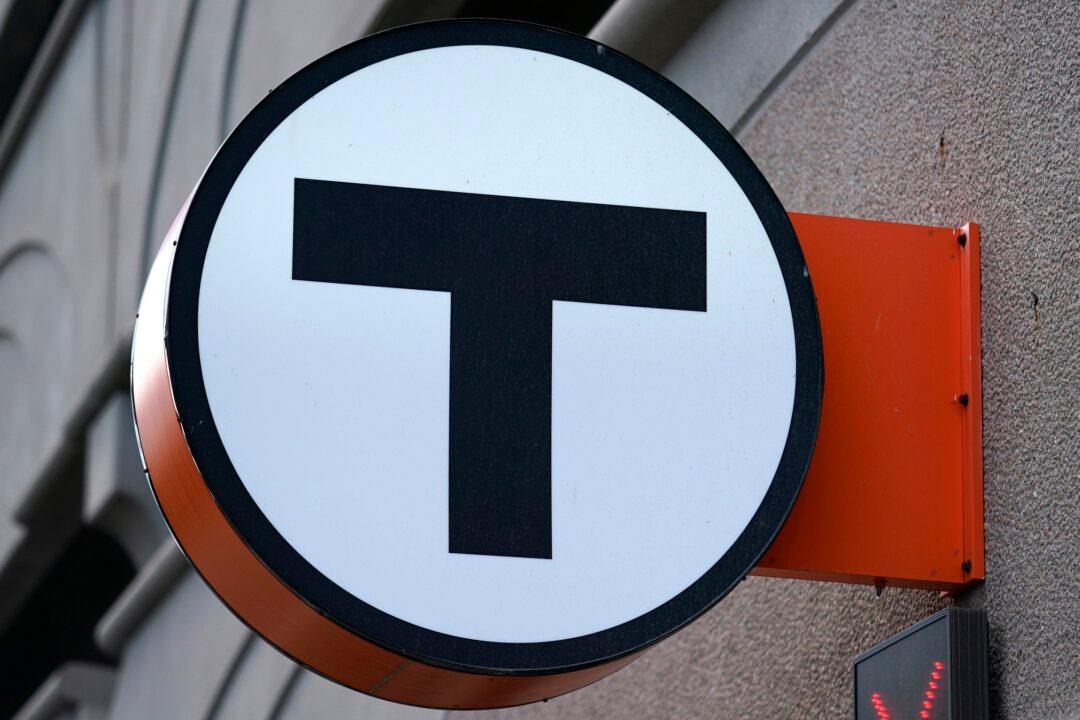BOSTON—Thousands of commuters were left stranded around Boston Thursday during the morning rush hour, after power outages hit several lines of the beleaguered transit service.
To help make up for the morning chaos, fare gates will be open at subway stations on all four rapid transit lines for the afternoon commute from 3 p.m. to 7 p.m. Thursday, transportation officials said.





